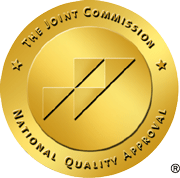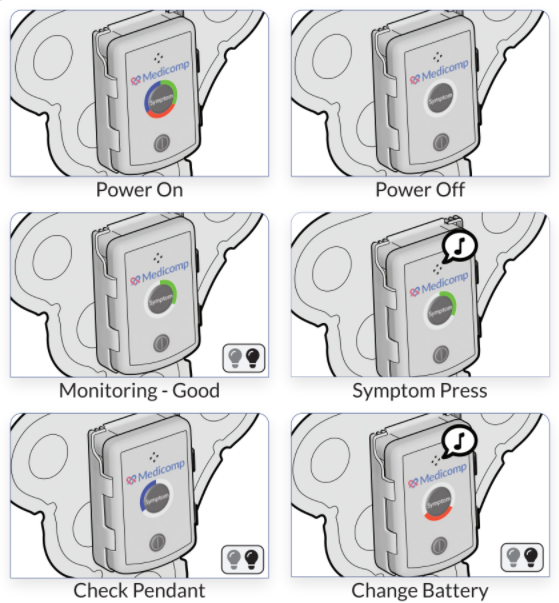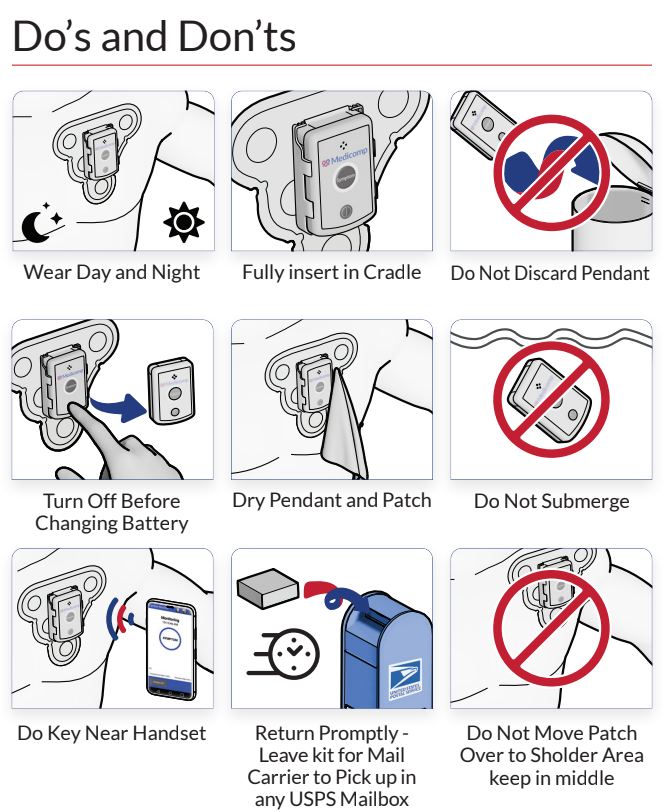With the Centers for Disease Control and Prevention (CDC) citing 610,000 American deaths per year from heart disease and 735,000 heart attack victims, it is extremely important to implement the best preventative and diagnostic measures possible. ReactDx, creators of state-of-the-art telemetry unit, the TelePatch™ MCT, is sharing a new report that suggests Mobile Cardiac Telemetry (MCT) provides better results than Holter and Event monitoring.
Jean-Patrick Tsang and Shunmugam Mohan conducted research that was published in the US National Library of Medicine National Institutes of Health to determine if patients treated in a hospital setting fared better in three specific areas when using MCT versus Holter and Event monitors. They examined the diagnosis of arrhythmia, the therapeutic management of arrhythmia drugs, and the overall costs of care. All of the information obtained for this analysis came from the Truven database.
After reviewing the findings, Tsang and Mohan concluded that both hospitals and their patients would benefit from using MCT over Holter and Event monitors. Not only was the diagnostic yield 40 percent higher with MCT versus Holter and Event monitors, but the MCT wearers also had a 20 percent higher rate of having drug therapy initiated after the diagnostic findings came in.
When it comes to per-patient cost, Mobile Cardiac Telemetry resulted in savings in the five digits. This was found to be true for subjects that had the following procedures: ablation, coronary artery bypass graft, and valve septa.
The authors reviewed 57 months of collected data on a total of 231,000 patients. Of those subjects, 14,000 were given Mobile Cardiac Telemetry, 54,000 an Event monitor, and 163,000 a Holter monitor. For control purposes, all of the individuals were similar when it came to age, physical location, type of cardiovascular disease, and class of prescribed cardiovascular drugs.
There is a reason that heart disease is referred to as the “silent killer.” Being able to detect and treat arrhythmias in a timely manner is vital. ReactDx’s telemetry units are widely regarded as the most technologically advanced in the industry. Contact ReactDx at 800-234-3278 to learn more, or visit our News & Updates page for that latest info.



